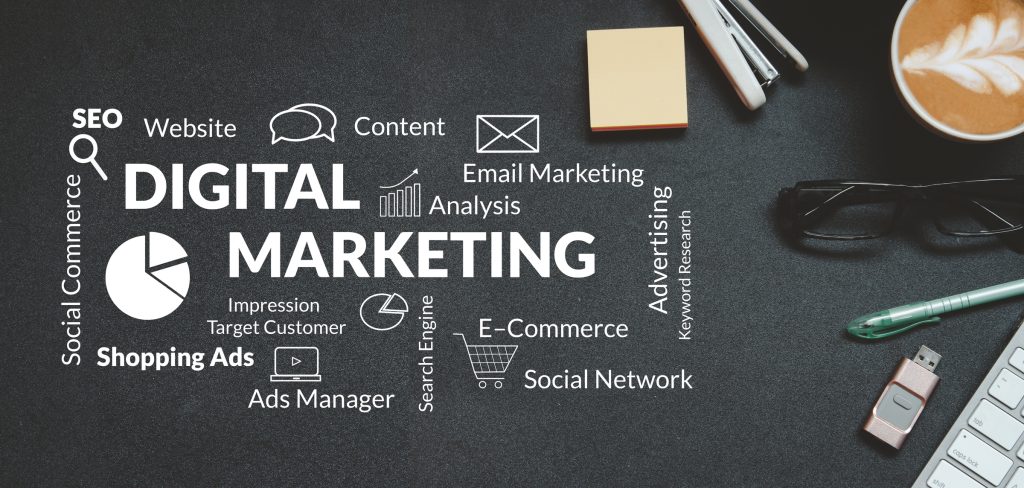My experience in working with small- to mid-sized businesses is that content-marketing strategies often get treated as separate entities, distinct from a brand’s core mission and objectives. Why? Because content marketing is seen as an external platform, an advertisement, when it should be seen as both an external display and a showcase of your company’s internal values.
In fact, you should be using your content-marketing strategy as a platform to support your brand’s mission and vision. Here’s how.
1. Recognize the importance of brand consistency.
Your first step should be to recognize the importance of brand consistency across all your platforms. This is the only way to build continuity with your customers.
Even if you have a personal brand, or display a logo in order to visibly demonstrate that this content was written by your brand, the content isn’t “you” if it deviates from your main identity.
This is true no matter what medium you pursue, including social media marketing and paid advertising. Whenever a reader encounters your brand, he or she should have the same “feel,” the same overall experience, which ties directly into the identity you created through your mission and objectives.
2. Draw topics from your mission and objectives.
Mimicking the aesthetics and style customers associate with your overall brand is a good way to tie your identity closer to your content campaign. But don’t be afraid to draw new topics as well directly from your mission and objectives, to further your association with those causes.
For example, if you’ve explicitly stated your desire to reduce carbon emissions through the use of green technology, why not write the occasional post on how to be more environmentally friendly in the business world? If you’re out to improve educational resources, why not highlight an interesting case study or news development in the educational realm?
3. Keep tone and demographics in mind.
It’s also important to keep your demographics and your tone in mind throughout your content campaign: Let your mission and objectives dictate your operations along those line.
For example, say your mission is to help teams improve communication and bond with one another. Why not practice what you preach by writing in a more conversational, collaborative style, with ample opportunities for your readers to engage directly with you? This is a way of demonstrating your mission through your writing style, targeting exactly the types of people you sought to impress in the first place.
4. Announce your efforts.
If your company’s mission or objectives relate to corporate social responsibility, you’ll probably be involved in efforts related to those objectives. For example, if you’re all about building the economy in your local community, you might be a speaker at an entrepreneurial summit, or your team might volunteer for reconstruction efforts in your area to encourage more business development.
When you engage in these opportunities, show them off. Write a press release, or at the very least develop an on-site post covering your efforts. It makes a big impact when you put your money where your mouth is, so to speak.
5. Use images and video.
Throughout your content campaign, you should use images and videos to demonstrate your capacity to follow through on your mission and objectives. This can be applied to almost any of the strategies listed above; for example, you can include photos of your team participating in your cleanup efforts, or live-stream your speech at the entrepreneurial event.
Visuals make contentmore engaging, which leads to higher rates of social visibility and sharing, ultimately producing a more substantial boost for your brand.
6. Evaluate your touchpoints and customer reaction.
Throughout your efforts to incorporate more of your mission and vision into your content campaign, carefully evaluate your impact, just as you would any adjustment. Post new mission-related materials only periodically, never neglecting your core content campaign. And be sure to watch how prospective and current customers react. You’ll almost certainly need to make adjustments along the way.
If your organization has a strong mission and vision at the center of its operations, there’s no reason why your content-marketing strategy shouldn’t be there to promote it and back it up. Let your customers know exactly what kind of company is behind the content they’re reading, and make your values known to your readership.
As you’ve seen, all it takes is a handful of adjustments, including a few new types of content and modifications to your current lineup: The benefits can be highly significant to your brand visibility and reputation.
___
by JAYSON DEMERS








